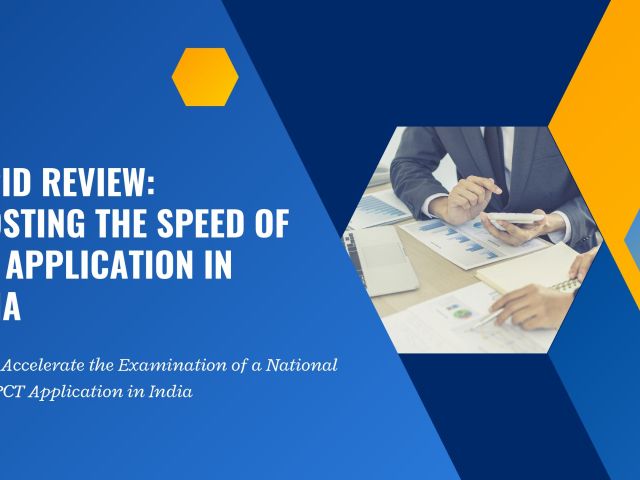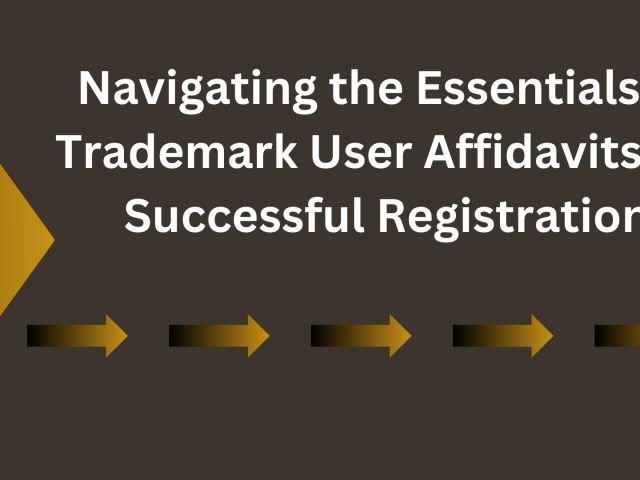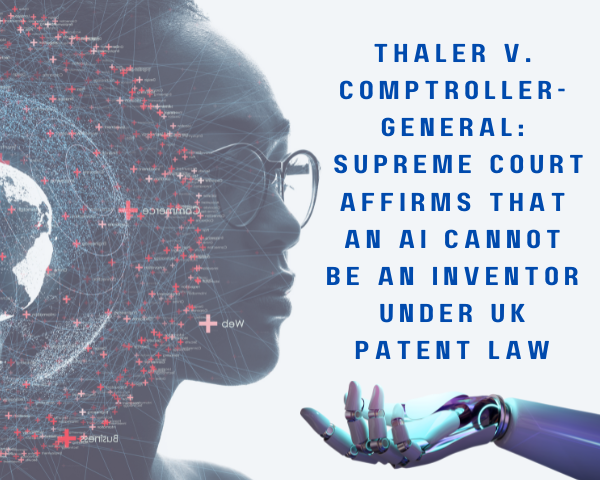A patent is an Intangible resource. It reflects the owner’s right to benefit from his creation and innovation. In any case, just claiming the rights in a patent doesn’t sum to real income except if the patent proprietor finds a way to monetize those rights. Patent monetization has developed as a promising money generator for some organizations to create a lot of income.
Monetization changes an immaterial resource for example, the patent – into a way or stream of income. Patent monetization characterizes a combination of approaches for separating value from and, in any case, monetarily utilizing licenses. A great amount of mindfulness about the estimation of licenses has prompted an expanded focus on approaches to patent monetization beyond the standard methods of direct patent permitting and requirements by patent proprietors.
A patent could be monetized in the accompanying manners:
Licensing of the patent, Enforcing Patents, Pooling the patents, Sale or Brokerage, or IP Bank.
Patent Licensing refers to the demonstration of assigning out the responsibility for the patent to an outsider with the end goal that he can make, use and sell the innovation either solely or non-exclusively, for a measure of pre-chosen royalties.
Patent Enforcement-Generally, the proprietor has the ability to implement the patent after a patent has been given. Implementing the patent is a long, costly procedure, so most patent proprietors start by negotiating with the infringer. Regularly, conversations end with the infringer consenting to dispense a permit charge of the license to the patent proprietor so that the infringer can utilize the creation. The patent proprietor should make assurance with the assistance of a lawyer if negotiations fail. There is an encroachment, and you can file a court action to implement the patent.
Patent pooling is the best case of a demonstrated, successful device that is a guide to the business industry to be more likely to deal with its licensing programs. By “pooling” patents from various permit holders, licensors generally can alleviate minor exchange costs and administrative overhead. They can gain an advantage from an incorporated model that supports patent bundling and fair play. Licensees also appreciate remuneration as lower royalty expenses and a solitary purpose of the contact that decreases the need to examine independently with various license holders.
Patent Selling and Brokerage
The idea of selling a patent is as clear as crystal. You just conclude that you would prefer not to do the difficult work and neither do you try to keep the privileges of the patent; however, you can include self-license in the deal agreement. All things considered, you just sell the patent and move the privilege of possession to the purchaser.
IP Bank
IP Bank isn’t only a guide for new companies but large corporate contributors of IP too. For a certain thing, the bank offers a substitute monetization course for organizations’ underutilized IP that goes through none of the lawful and reputational chances connected with attestation permitting or “privateering” by means of a re-appropriated NPE licensor.
Advantages
Patent monetization is extremely valuable to proprietors who have less funding to use the monetary advantage of the patent. The patent proprietors can utilize this collateralization not exclusively to set up the business activity of the patent yet additionally to produce assets to extend business.
Enables the underlying patent holder to increase the amount of sum, which can additionally be utilized in R&D exercises and manufacture IP portfolios to extend the operation.
Defects
Not playing out an IP valuation or not following up on it by any stretch of the imagination. The IP valuation measure requires an inside and out comprehension of the market and industry that legitimately influences the estimation and value of your patent – just as related ventures. One of the initial phases in patent valuation is surveying the need for the patent’s hidden development to items and services in the market.
Not having the correct patent adaptation technique. When you have directed a patent valuation and comprehend the quality of your patent, the subsequent stage is to extract the value and get that patent-creating income. When making objectives, you should recollect that all methodologies probably require speculation and a lot of persistence.
Not completely investigating the market and industry. Licenses are regularly perplexing, and IP valuation is an amazing point-by-point measure that requires the contribution of two legal advisors and expert counsels with explicit specialized information. Market-based patent investigation mulls over comparable market exchanges of equivalent licenses. This cycle may likewise assess the utility and innovative particularity alongside the market discernment of the patent.
Not picking the right targets for patent monetization. It isn’t phenomenal for organizations to experience issues recognizing organizations to approach monetizing their patents. Contingent upon the innovation of your patent, there could be hundreds or thousands of organizations to consider. Distinguishing the correct organizations for patent monetization is intricate and time-consuming.
Not having an accomplished IP counseling firm to bundle the entirety of this together. Patent monetization is a complicated scene to explore all alone. For example, IP valuation, income procedure, and purchaser identification proof are completely drilled in a many-sided universe of patent codes, laws, and overall information bases. Also, the different technological advancements can be hard to get a handle on now and then, too.




